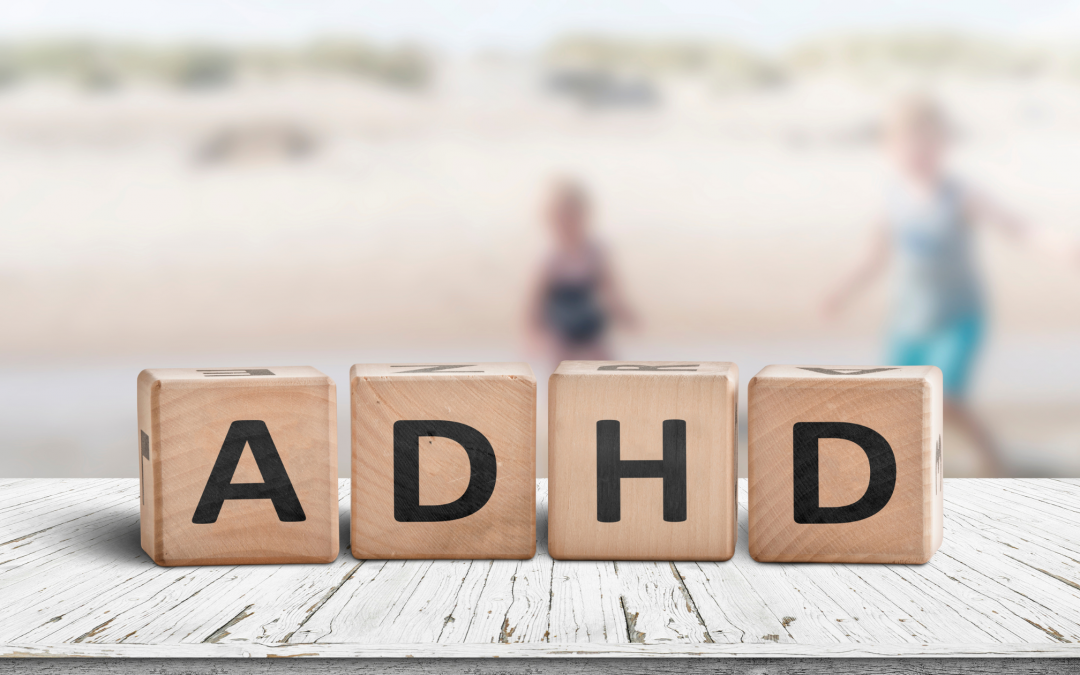Attention Deficit Hyperactivity Disorder (ADHD) is a neurodevelopmental disorder that affects millions of children worldwide. It can significantly impact a child’s ability to focus, control impulses, and engage in organized activities. However, recognizing the symptoms and providing tailored support can make a world of difference in their educational journey. In this blog, we will explore the symptoms of ADHD in children, the importance of personalized education, and the role of comprehensive psychoeducational evaluations in setting children up for success.
Understanding ADHD in Children
ADHD is a complex disorder characterized by various symptoms that fall into two main categories: inattention and hyperactivity-impulsivity.
1. Inattention Symptoms:
– Difficulty sustaining attention in tasks or play activities
– Frequent careless mistakes in schoolwork or other activities
– Trouble organizing tasks and activities
– Avoiding or procrastinating on tasks that require sustained mental effort
– Frequently losing essential items like school materials
– Easily distracted by unrelated stimuli
– Forgetfulness in daily activities
2. Hyperactivity-Impulsivity Symptoms:
– Fidgeting or tapping hands or feet
– Inability to stay seated in situations where it’s expected
– Running or climbing in inappropriate situations
– Inability to play or engage in activities quietly
– Talking excessively
– Interrupting or intruding on others’ conversations or games
– Impatience in waiting for one’s turn
Personalized Education for Children with ADHD
Personalized education recognizes that every child is unique and has their own strengths, weaknesses, and learning styles. When it comes to children with ADHD, a tailored approach to their educational experience can greatly enhance their success. Here’s how:
1. Individualized Education Plans (IEPs): Developing IEPs for children with ADHD is crucial. These plans take into account the child’s specific needs, strengths, and weaknesses. They can include strategies like extra time for assignments, preferential seating, and frequent breaks to help maintain focus.
2. Multimodal Teaching: Children with ADHD often benefit from multimodal teaching techniques that engage various senses. Incorporating visual aids, hands-on activities, and interactive lessons can make learning more enjoyable and effective.
3. Flexible Scheduling: ADHD symptoms can fluctuate throughout the day. Personalized education allows for flexible scheduling to accommodate the child’s optimal learning times. Some children may perform better in the morning, while others may be more focused in the afternoon.
4. Targeted Behavioral Interventions: Tailored interventions, such as behavioral therapy, can help children with ADHD manage impulsive behavior and develop self-control skills.
The Role of Comprehensive Psychoeducational Evaluations
A comprehensive psychoeducational evaluation is an essential tool in providing the right support for children with ADHD. It involves a thorough assessment of the child’s cognitive, academic, emotional, and social functioning. Here’s how it benefits various stakeholders:
1. Parents: A psychoeducational evaluation provides parents with a clear understanding of their child’s strengths and weaknesses. This knowledge allows them to advocate effectively for their child and make informed decisions regarding their education and treatment.
2. Teachers: Educators can use the evaluation results to tailor their teaching methods, classroom accommodations, and interventions to meet the child’s specific needs. This individualized approach can enhance the child’s learning experience and academic performance.
3. Pediatricians: A psychoeducational evaluation can help pediatricians make informed recommendations for medication or other medical interventions when appropriate. It provides a holistic view of the child’s functioning, aiding in diagnosis and treatment planning.
4. School Support Teams: School support teams can use evaluation data to develop and monitor Individualized Education Plans (IEPs) or 504 Plans, ensuring that the child receives the necessary accommodations and support.
Children with ADHD are as diverse as any other group of students, each with their unique needs and abilities. Personalized education, coupled with comprehensive psychoeducational evaluations, can make a world of difference in their educational journey. By recognizing their strengths and weaknesses and tailoring support accordingly, we can help children unlock their full potential and set them on the path to success in school and beyond. It takes a village to support a child with ADHD, and with the right tools and supports in place, they can thrive academically and emotionally.


